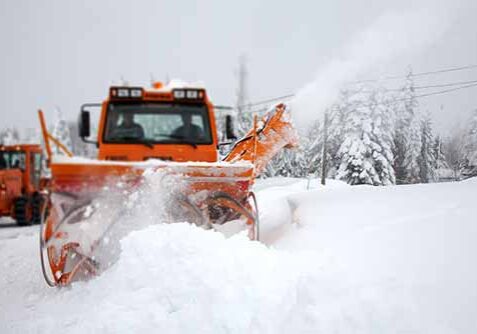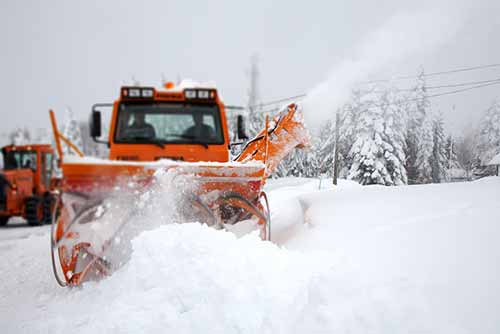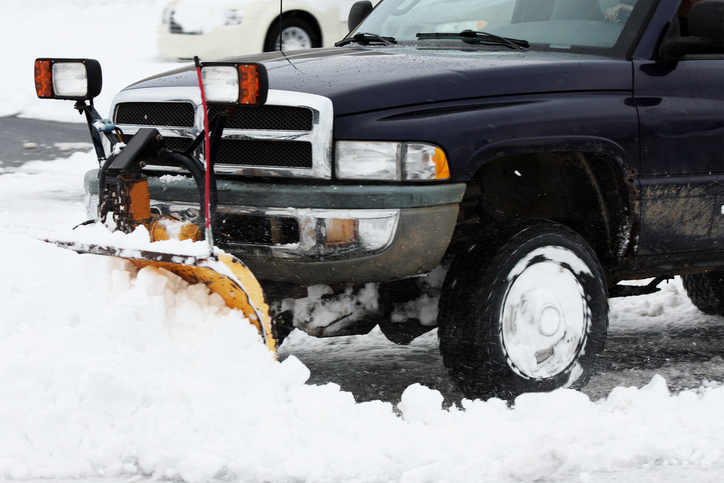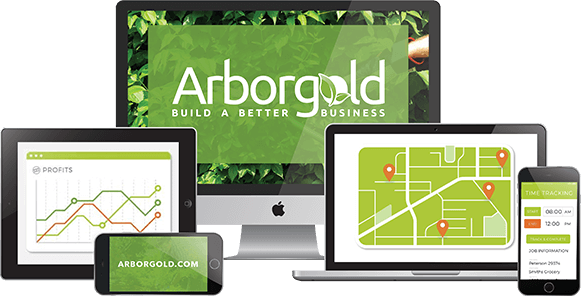Push Vs Seasonal Snow Bids


Pros and Cons of Push and Season Bid for Residential Snow Removal
In the snow removal business, there are two main types of bids to make when vying for a job – push and season. As the name suggests, in snow removal, push bids are made per push of the plow or shovel, while a seasonal bid is based on the cost of a snow removal season. Both of these bid types have pros and cons, and it’s important to know both as you move forward with your winter season bidding sessions.
At Arborgold, we develop snow removal business software for companies like yours. We understand that field businesses require different tools and applications than those offered by generic software models. One such tool is our bidding and estimates feature. Working with many companies to streamline this tool, we have come to learn the benefits and disadvantages of push and season bids. Here’s what you need to know.
Push vs Seasonal Bids – What’s the Difference?

Per Push Could Increase Your Income – Or Decrease It
Setting your bid per push gives you a massive benefit if the snowfall is heavy during a particular winter season. By charging your clients per plow experience, rather than in a lump sum, you could find yourself doubling, or even tripling your revenue during a heavy snow season. On the other hand, the same could be said in the negative. If this winter turns out to be light on the precipitation, you could wind up with commercial clients but no income.
The Fix: If you choose to bid per push, have a backup plan. Many companies who charge by the push instill a base fee, which companies must pay whether the snow falls or not. This protects you from a dry season, while still giving your customer the benefit of paying less for services they aren’t using.
Push Bids Have to Be Defined
Push bidding is tricky because there is more than one type of push. The most common push bid is by visit. This measures cost by inches of snow, or the number of visits during a single snowfall. This can be beneficial for a business, again, if snow falls heavy this year. Alternatively, weighing income by inches of snow could negatively impact your business during the months when snowfall is light.
A lesser-used form of push bidding is by event. This guarantees your customer a flat rate for an entire snowstorm, rather than each visit with the plow. In other words, it doesn’t matter if your team has to clear a parking lot three times in a night, or five times in a night, the cost for your customer is the same. There is a silver lining to event push bids as they generally only count toward a 24-hour period. What does that mean? If there’s a snowstorm lasting two days and two nights, your client is charged for both days if you need to plow continuously.
Fixed Fee Seasonal Bids Are Enticing to Customers but Could Lose Your Money
For commercial property owners, the fixed fee bid is often attractive because it guarantees a bottom line for snow removal costs. This is more predictable than a push bid because your client knows exactly how much to budget for each winter season. This is beneficial for you as a snow removal company because you’re more likely to win a bid. However, it can be a disadvantage if the season is particularly snowy, and you’re only earning a fixed rate flat fee rather than a per-snowfall payment.
There is a workaround for the seasonal bids, which includes capping your fixed rate in the account of a heavy snowfall. Some companies choose to charge by inches following a certain level of snowfall. You could also earn extra by selling addons like salting, sidewalk clearing, or step maintenance.
Adding Cost of Materials and Equipment
As you determine the winner between push and seasonal bidding for your company, be sure to factor in the cost of materials, equipment, and gas. From the trucks you put on the roads to their snow tires, chains, salt, sand, and plow additions, you don’t want to spend more than you earn this season. You may also want to consider distance to jobs, and the measurements of the lots or streets you are plowing.
It’s a good idea to break down these starting costs before developing your bidding plan so your customer doesn’t receive any unforeseen charges in the future. Being reliable in your estimates is a big part of what modern commercial property owners look for in snow removal companies. Reliability could be the ticket to future seasons with the same companies.
Which Should You Choose?
This is a personal question, and the answer will differ depending on your client count, and where you live. If your city experiences a plentiful snowfall each season, a per push bid could mean a greater ROI. If you live in a city with a mild climate, this may not be much benefit to you. Similarly, if you have a large number of clients, charging per season could bring in more than enough to earn some good money this winter. If you are a new company, just starting out with fewer clients, a per season payment plan might not give you the means to break even.
You may find that some push bids and some seasonal bids give you the best potential for a lucrative season in snow removal. Luckily, you can easily manage your clients, payment types, services, and invoice delivery through your snow removal business software. At Arborgold, our automated invoice system lets you set up your client profiles and leave the rest to the software. Your clients will always receive their invoices on time and for the correct amount according to your specifications.
Try Arborgold Snow Removal Software Today
Whether you choose to make push bids, season bids, or both, Arborgold has the snow removal business software to help you create reliable and realistic estimates every time. Take a tour of our software today and see what a difference it makes to use tools designed for businesses like yours.
Share this resource





